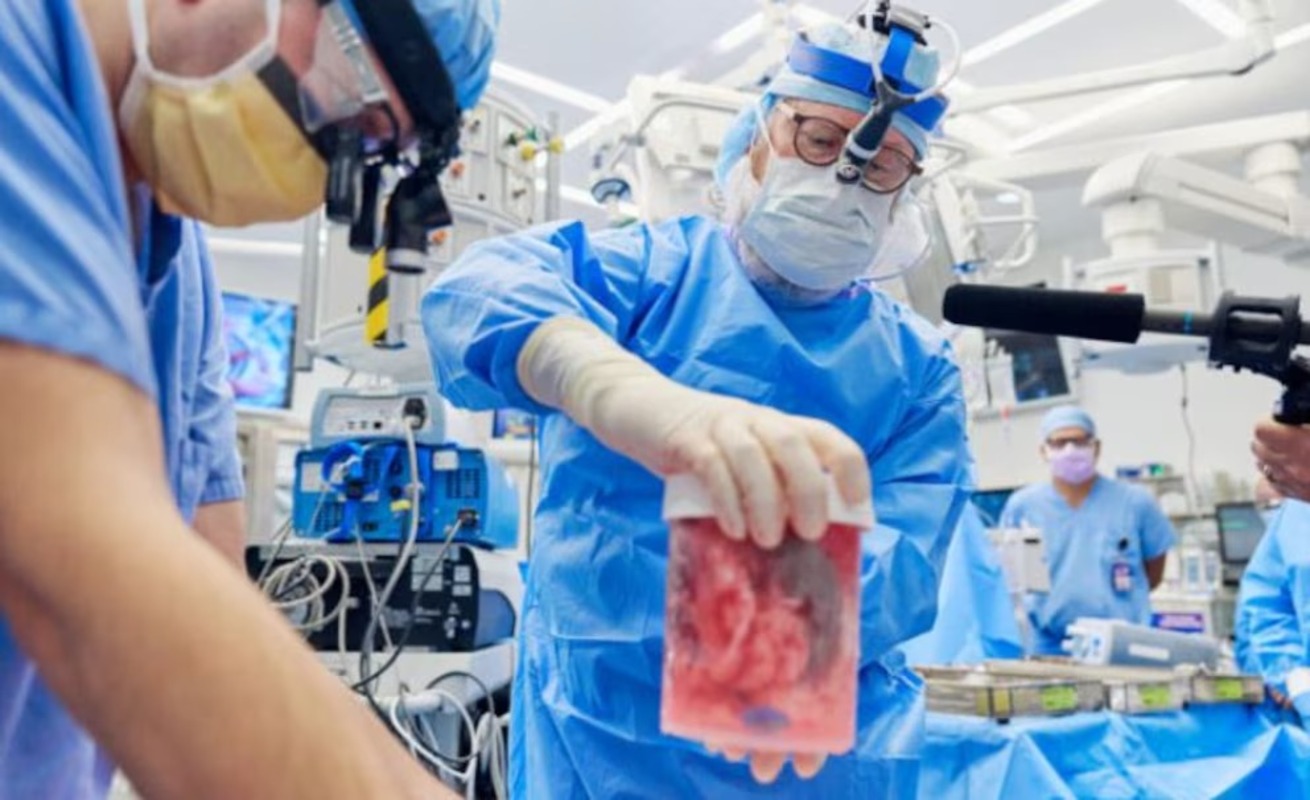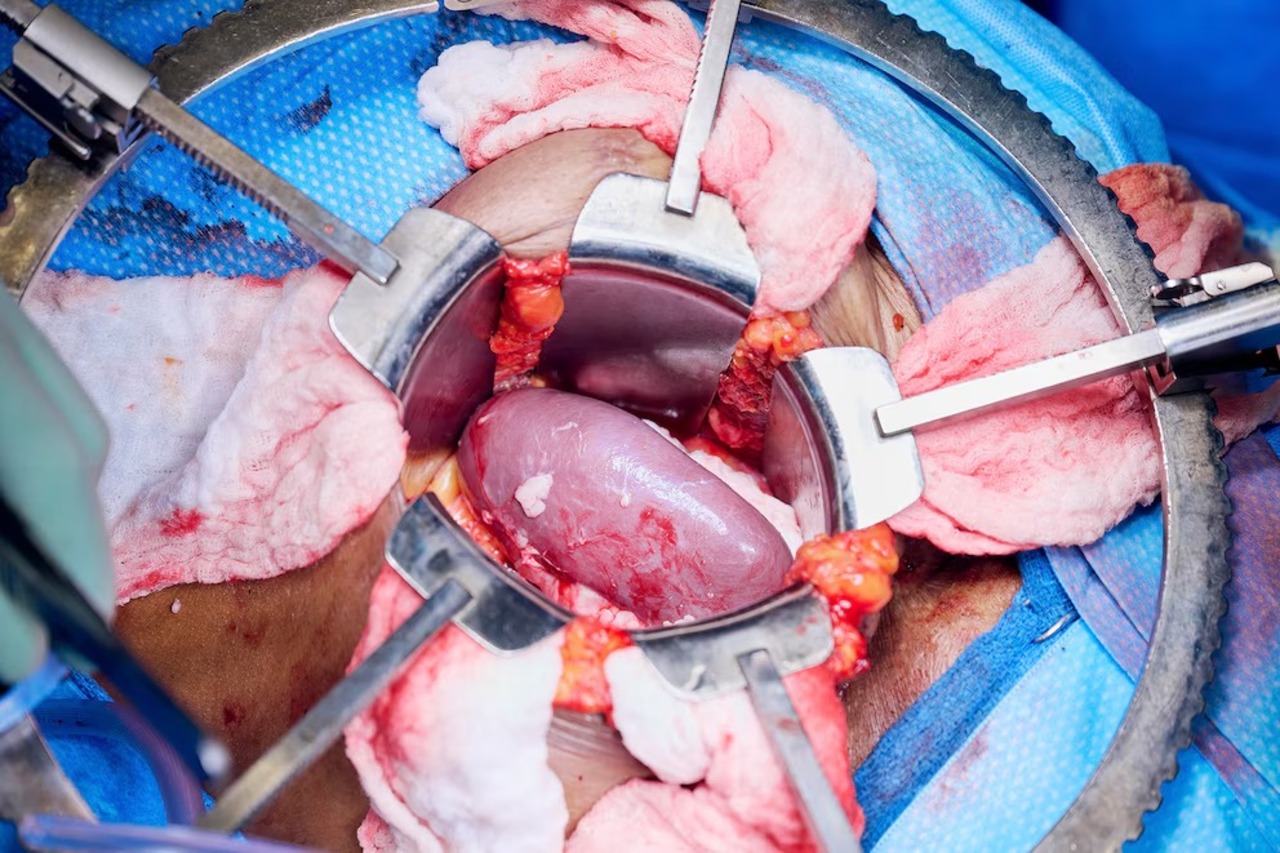
Genetically Modified Pig Kidney Saved a Patient's Life in the U.S.
A groundbreaking surgery took place in New York at a renowned hospital, where a patient received a genetically modified pig kidney transplant.
On November 25, 2024, the medical team at NYU Langone Health in New York performed an innovative kidney transplant using a genetically modified pig organ on a human patient, marking a significant milestone in the field of xenotransplantation.
La Paciente y su Historia

Towana Looney, a 53-year-old woman from Alabama, had been on dialysis for eight years due to end-stage kidney failure. Years earlier, Looney had donated one of her kidneys to her mother, leaving her with only one functional kidney. Over time, her remaining kidney also failed, leaving her without conventional treatment options. The shortage of suitable human donors and her unique medical history made her an ideal candidate for this experimental procedure.
The Procedure
The transplant was led by Dr. Robert Montgomery, director of the NYU Langone Health Transplant Institute. The kidney was sourced from a genetically modified pig designed to reduce the risk of immune rejection. The surgery was carried out successfully without complications, and the kidney began functioning immediately, producing urine and filtering toxins from Looney’s body.
Recovery and Current Status
Following the surgery, Looney was closely monitored to assess the function of the new organ and identify potential signs of rejection or complications. On December 6, 2024, she was discharged in good health, no longer requiring dialysis, which had been part of her life for almost a decade. Although she experienced a temporary readmission to adjust her medications, doctors expect her to return to her home in Alabama within approximately three months.
Implicaciones y Futuro de los Xenotrasplantes

mplications and the Future of Xenotransplantation
Pig Kidney (NYU Langone Health)
This case represents a major breakthrough in addressing the critical shortage of organs for transplantation. Looney’s successful recovery suggests that genetically modified pig organs could become a viable alternative for patients on transplant waiting lists. Formal clinical trials for xenotransplantation are expected to begin in 2025, which could revolutionize transplant medicine and bring hope to thousands of people awaiting lifesaving organs.
Ethical and Scientific Considerations
Despite the initial success, xenotransplantation raises ethical and scientific challenges. It is crucial to ensure the long-term safety of recipients and address concerns surrounding animal welfare and public acceptance of these procedures. The medical community continues to refine techniques to ensure animal-derived organs are a safe and effective solution for patients.
Towana Looney’s case not only highlights advancements in medical science but also showcases the resilience and hope of patients facing terminal illnesses. Her participation in this pioneering procedure could pave the way for future developments in treating organ failure and saving countless lives.











LEAVE A COMMENT: